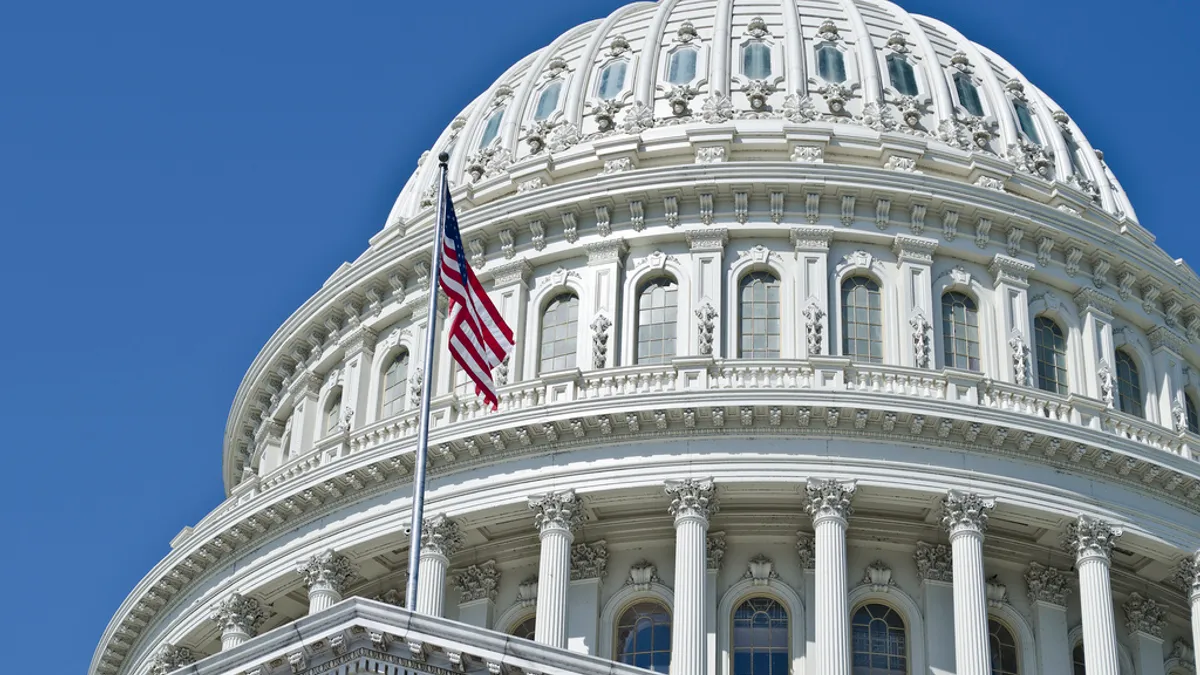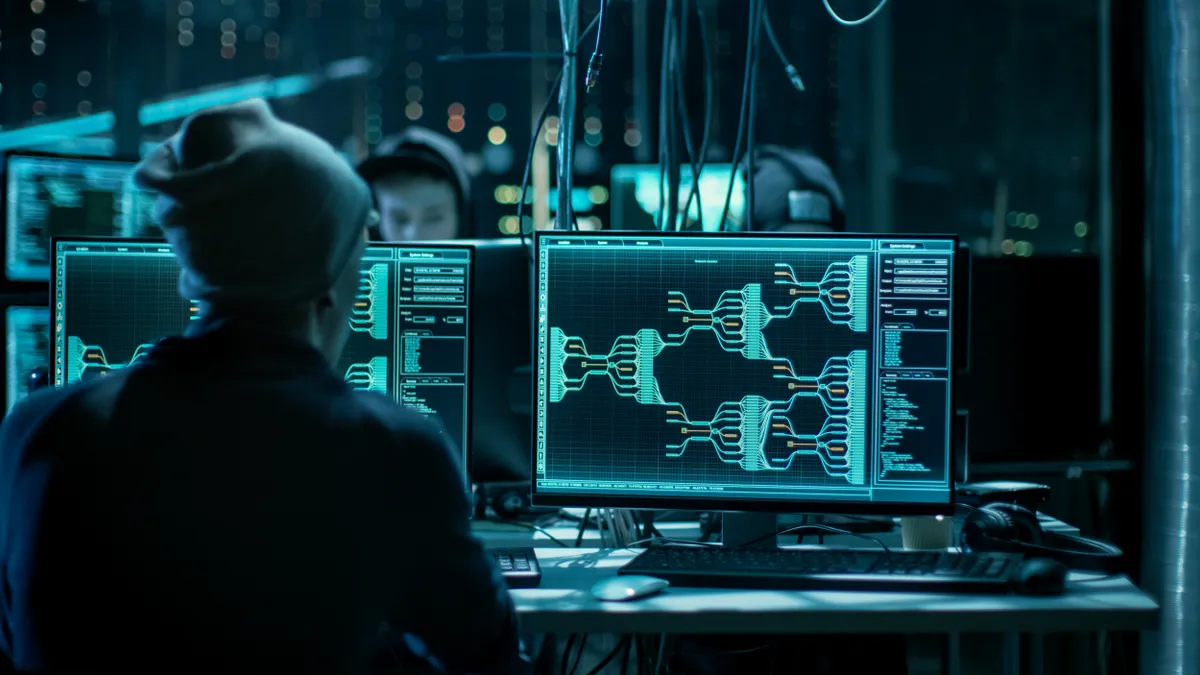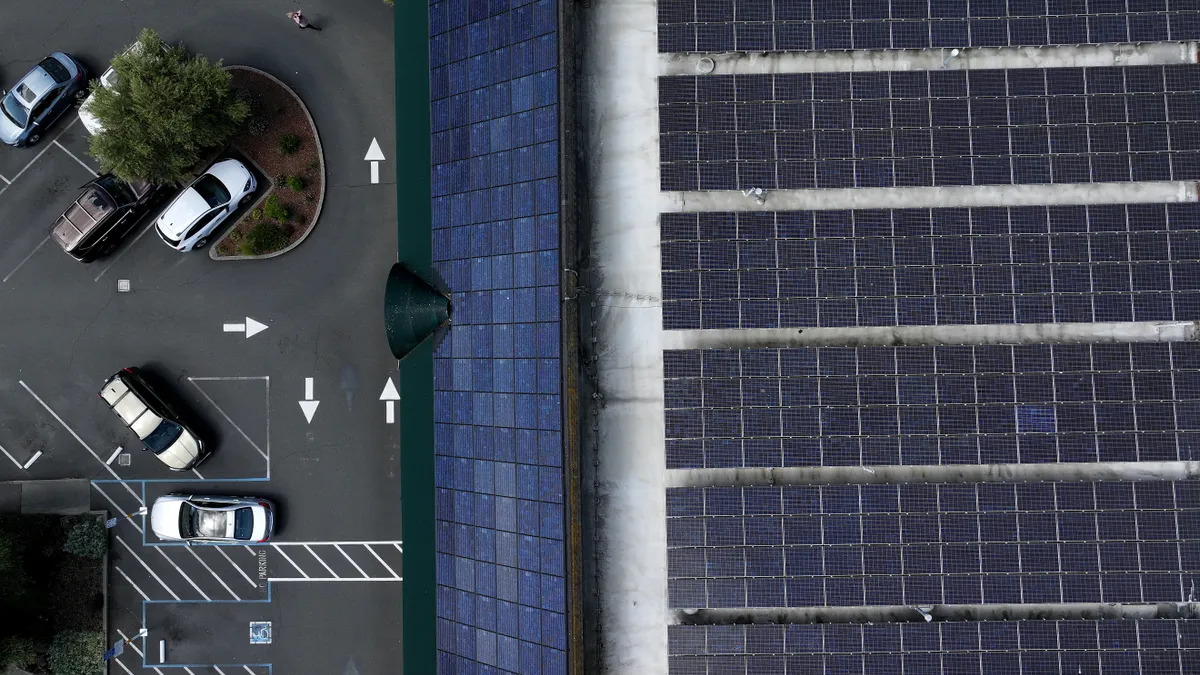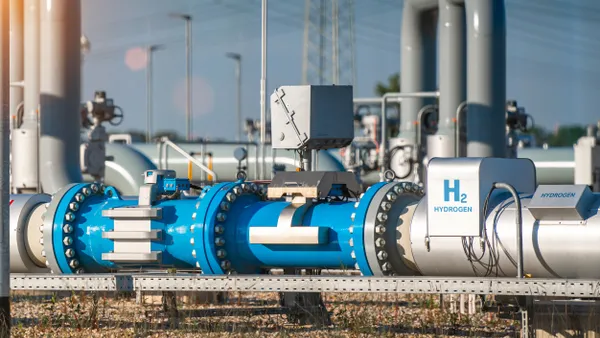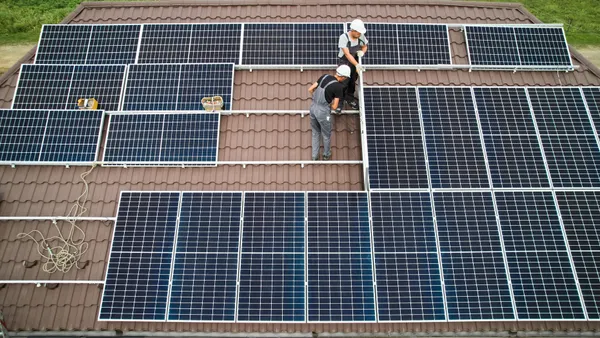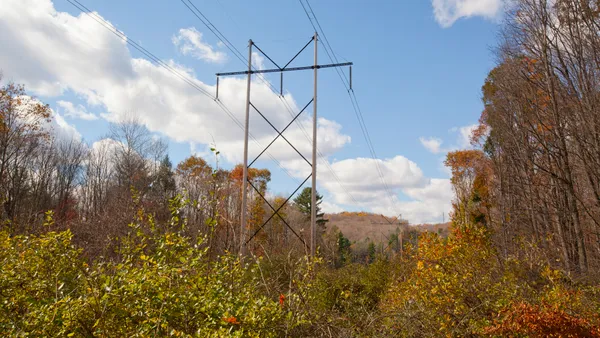Dive Brief:
- The Senate Energy and Natural Resources Committee will hear testimony this week on 22 different pieces of legislation which could become part of a broader bipartisan energy bill, E&E Daily reports.
- Last week, Sen. Lisa Murkowski, chair of the committee, introduced 17 bills in one day on a range of topics including interconnecting distributed resources, transmission permitting and natural gas infrastructure. Among the proposals from other members are bills to modernize the nation's electric system, from Oregon Sen. Ron Wyden (D) and two bills from Sen Jeanne Shaheen (D-NH) to enhance efficiency in commercial buildings and integrate more clean power into the grid.
- The House Energy and Commerce Committee is working on a broad energy bill as well, and last week released a discussion draft of the Energy Reliability and Security section of the legislation.
Dive Insight:
As Utility Dive has reported, committees in both the House and Senate are considering measures which could wind up in a broader bipartisan energy package, but E&E Daily points out the House measures are taking a more conservative bend.
The House Energy and Power Subcommittee's Energy Reliability and Security discussion draft aims to "update our nation’s energy infrastructure and ensure it is secure, resilient, and reliable," the committee said in a statement. "Changing market dynamics, new regulations, and increasing threats have created new energy security and reliability challenges, particularly for the nation’s electricity sector."
Among other goals, the discussion draft aims to: resolve conflicts between environmental regulations and emergency reliability orders; understand how federal regulation will impact electricity supply; and establish emergency plans for energy supply disruptions.
The subcommittee plans to review the draft legislation May 19.
The Senate's package of bills includes measures to study the impact of net metering, authorize the Secretary of the Interior to grant rights-of-ways on federal land and expand state power when it comes to setting electricity rates. If the committee can craft a broad energy bill that can pass both houses, it would be the first such legislation since 2007.
The Senate committee has scheduled hearings for energy infrastructure bills on May 14th, energy supply bills on May 19th, and government accountability bills on May 21st. Murkowski spokesperson Dillon said the schedule is designed to tackle the least controversial issues first — beginning with an efficiency hearing late last month — to build bipartisan momentum for the more contentious topics.
Dillon said that while the House may be crafting their energy legislation slightly differently, it's more likely the two chambers would sit down in a conference committee to combine their two proposals than for one chamber to be forced to take up the other's legislation.
"If you look at what Chairman [Fred] Upton (R-MI) is doing in the House, they are certainly working on the same kind of approach where we're trying to get bills that are similar and that can be matched up in conference," he said. "Given that the House is involved in this same activity of drafting comprehensive energy legislation, it would be more likely to get a conference with the House."



